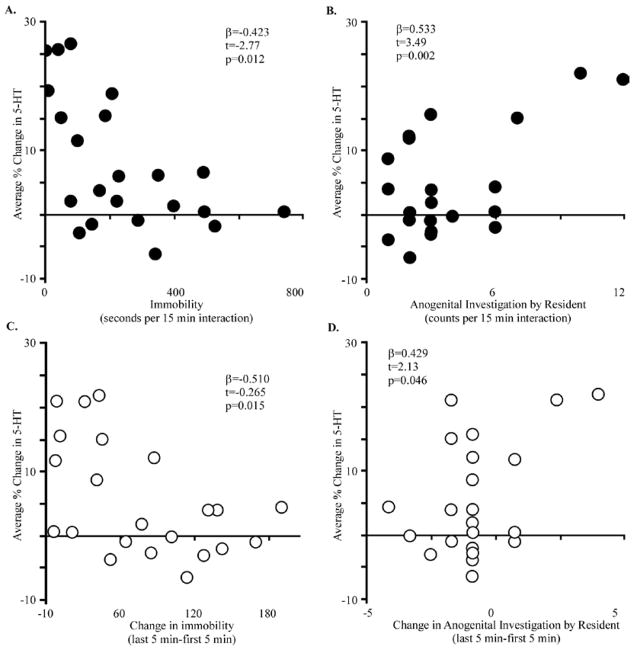Figure 2. Increases in serotonin during social interactions were correlated with behavior.
The average change in the serotonergic signal from each mouse during the 15 minute social interaction (n=22) relative to pre-interaction measurements were negatively correlated with the performance of immobility (A) and correlated with the performance of anogenital investigation by resident mice (B). Further, the serotonin response was correlated with changes in immobility (C) and anogenital investigation by the resident (D) over the course of the interaction (trace 3- trace 1).β, t -and p -values were calculated using multivariable regression.

